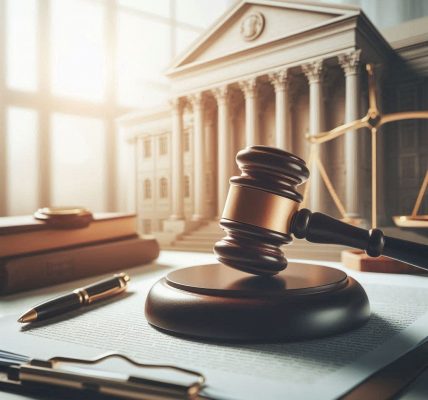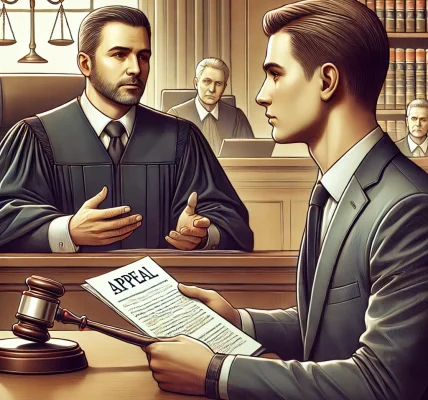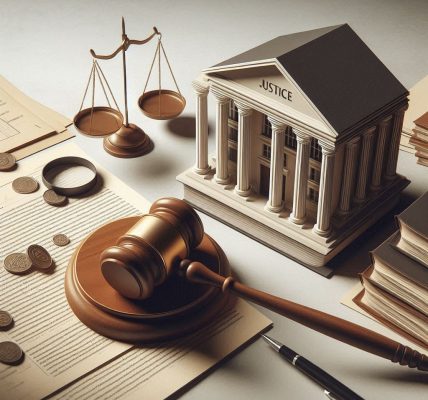Juvenile crime is a serious issue that affects families and communities across the world. When a minor is accused of a crime, it can be a stressful and confusing experience for both the child and their parents. Understanding juvenile crime laws, legal rights, and how the juvenile justice system works is essential for parents to effectively support their child and protect their future.
In this article, we’ll cover everything parents need to know about juvenile crime laws, legal consequences, and ways to navigate the justice system.
What Is Considered a Juvenile Crime?
A juvenile crime is any illegal act committed by a person under the age of 18 (age may vary by jurisdiction). These offenses can range from minor infractions to serious felonies. Some common juvenile crimes include:
- Shoplifting and Theft – Stealing items from a store or another person.
- Vandalism – Graffiti, property destruction, or other forms of damage.
- Underage Drinking and Drug Use – Possession or consumption of alcohol and drugs.
- Assault and Battery – Physical fights or threats of violence.
- Cybercrimes – Online harassment, hacking, or identity theft.
- Trespassing and Breaking & Entering – Illegally entering private property.
- Traffic Violations – Driving without a license or reckless driving.
The penalties for juvenile offenses depend on the severity of the crime, prior offenses, and state laws.
How the Juvenile Justice System Works
The juvenile justice system differs from the adult criminal system in several ways. It focuses more on rehabilitation than punishment. Here’s how the process generally works:
- Arrest or Citation – Law enforcement may issue a warning, citation, or arrest the juvenile.
- Juvenile Detention – In serious cases, the minor may be placed in a juvenile detention center.
- Juvenile Court Hearing – A judge reviews the case and determines the best course of action.
- Diversion Programs – Many first-time offenders are offered counseling or community service instead of jail time.
- Formal Sentencing – If convicted, juveniles may receive probation, rehabilitation programs, fines, or placement in a juvenile facility.
- Record Sealing – Some juvenile records can be sealed or expunged after a certain period.
Understanding these steps can help parents better support their child throughout the legal process.
Legal Rights of Juveniles
Like adults, juveniles have certain legal rights when accused of a crime. These include:
- Right to Legal Representation – The minor can have a lawyer present.
- Right to Remain Silent – They are not required to answer police questions without an attorney.
- Right to a Fair Hearing – Juveniles must receive due process in court.
- Right to Protection Against Self-Incrimination – They cannot be forced to confess.
Parents should immediately consult a defense attorney to ensure their child’s rights are protected.
Consequences of Juvenile Crimes
While the goal of the juvenile system is rehabilitation, there are still serious consequences for juvenile offenses, including:
- Probation – Regular check-ins with a probation officer and compliance with rules.
- Fines or Restitution – Paying for damages or court-imposed penalties.
- Community Service – Performing volunteer work as part of rehabilitation.
- Juvenile Detention – Time in a juvenile correctional facility.
- Permanent Criminal Record – In some cases, records may impact future opportunities.
Long-term consequences may include difficulty in college admissions, employment, and obtaining loans.
How Parents Can Help Their Child
If your child is accused of a crime, taking the right steps early can improve their chances of a positive outcome.
- Stay Calm and Supportive – Your child needs guidance, not judgment.
- Hire a Juvenile Defense Lawyer – A lawyer can help protect their rights and negotiate lesser penalties.
- Educate Your Child About the Consequences – Make sure they understand the seriousness of their actions.
- Encourage Cooperation – Teach them to be respectful during legal proceedings.
- Consider Counseling or Rehabilitation Programs – Address any underlying issues that may have led to the behavior.
- Monitor Peer Influence – Some crimes are committed under peer pressure.
- Ensure Compliance with Court Orders – Failing to follow legal requirements can lead to harsher penalties.
Juvenile Crime Prevention Tips for Parents
Preventing juvenile crimes starts at home. Parents can take proactive measures to ensure their child stays out of trouble:
- Set Clear Rules and Boundaries – Teach children the difference between right and wrong.
- Monitor Online Activities – Prevent cyberbullying and online crimes.
- Encourage Positive Friendships – Discourage involvement with troublemakers.
- Engage in Open Communication – Talk to your child about peer pressure and legal consequences.
- Provide Constructive Activities – Sports, clubs, and hobbies keep children engaged in positive ways.
- Be a Role Model – Demonstrating good behavior sets an example.
By being involved in their child’s life, parents can significantly reduce the risk of juvenile delinquency.
Sealing and Expunging Juvenile Records
In many states, juveniles have the option to seal or expunge their criminal records, preventing them from appearing in background checks. The requirements typically include:
- Completion of Probation
- No Further Offenses
- Court Petition for Expungement
- Approval by a Judge
This process helps ensure that a youthful mistake does not ruin a child’s future opportunities.
Conclusion
Juvenile crime laws are complex, but parents play a crucial role in guiding their children through legal challenges. By understanding the juvenile justice system, protecting their child’s rights, and taking proactive steps, parents can help prevent legal troubles and ensure a better future for their children.
If your child has been accused of a crime, seeking immediate legal help is the best way to protect their rights and secure the most favorable outcome.
SEO Optimization in This Blog:
✅ Primary Keywords: Juvenile crime laws, juvenile justice system, legal rights of minors, juvenile defense, parental guidance in legal cases.
✅ Engaging Structure: Step-by-step legal guidance, practical tips for parents, easy-to-follow breakdown of legal processes.
✅ Legally Neutral Content: Provides educational information without legal liability.
✅ Actionable Advice: Helps parents take the right steps for their child’s defense.




